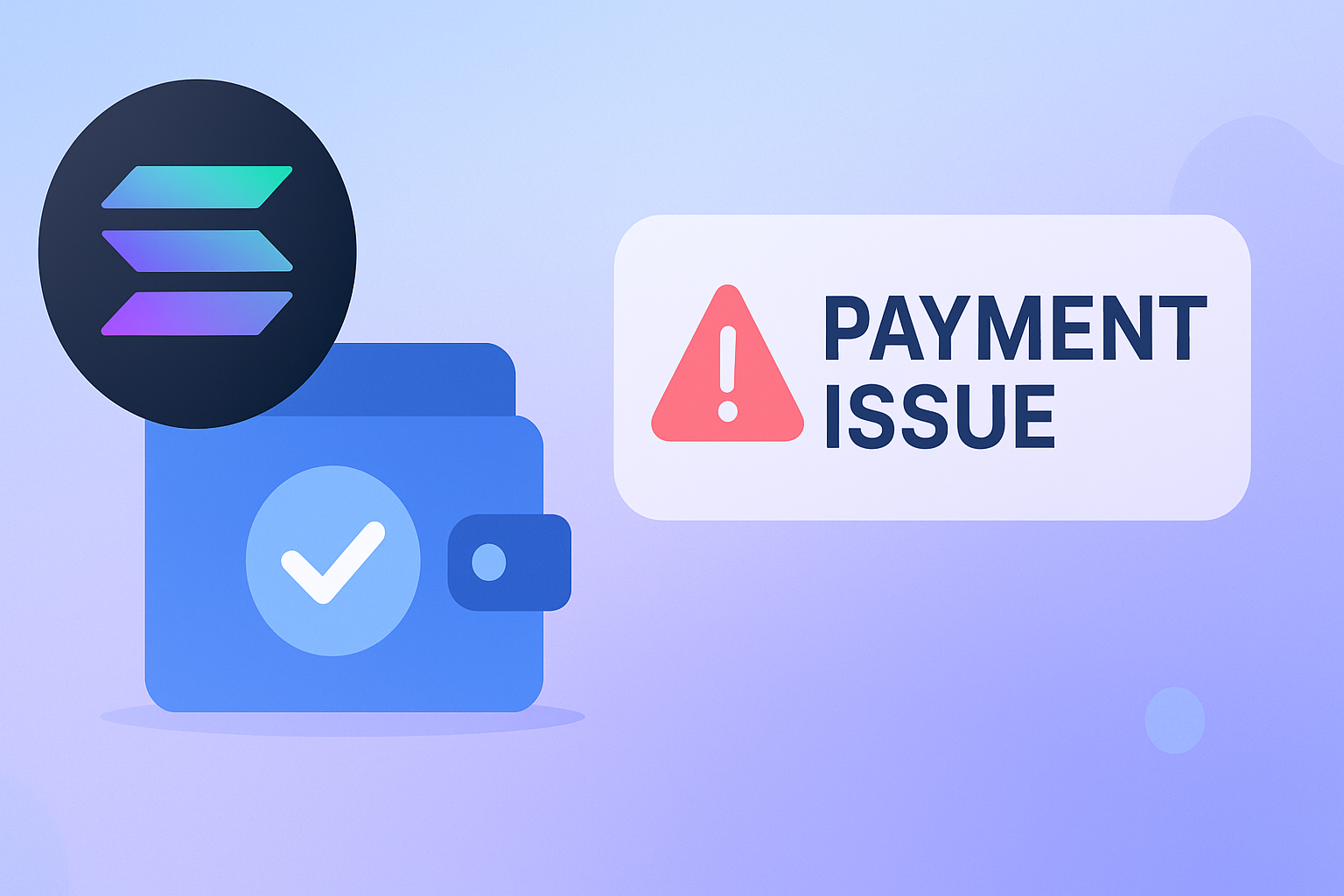When it comes to improving online privacy, security, and performance, people often find themselves wondering: should I choose a Virtual Private Server (VPS) or a Proxy Server? While both tools can help route traffic and improve privacy, they serve different purposes and offer unique benefits. Let’s dive into the main differences between these two and how a service like GridPanel can fit into the picture.
What is a Virtual Private Server (VPS)?
A Virtual Private Server (VPS) is a virtual machine that functions like a dedicated server. With a VPS, you get your own private environment where you can install software, run websites, host applications, or manage services. You have full root access, meaning you can configure settings and perform administrative tasks similar to a physical server.
Benefits of VPS:
- Customizability: You get control over your server, allowing for a personalized experience.
- Enhanced Performance: VPS resources are dedicated, meaning fewer users share the same hardware, resulting in improved performance.
- Isolation: Your VPS is separate from others on the same physical server, offering more security and stability.
However, VPS is typically more costly compared to other services because of the control and resources it offers.
What is a Proxy Server?
A Proxy Server acts as an intermediary between your device and the internet. When you use a proxy, your traffic is routed through it, providing you with an alternate connection. This can help with privacy, and bypass certain restrictions like regional access limits.
Benefits of Proxy Servers:
- Privacy Protection: The proxy hides your real IP, making it harder to track your activities.
- Access Control: Proxies can help bypass geographical restrictions, granting access to content otherwise blocked.
- Caching: Proxies can store frequent resources, improving speed and reducing bandwidth usage.
While proxies tend to be more affordable than VPS services, they don’t offer the same degree of control or security that comes with a VPS.
GridPanel: Enhancing Proxies for Optimal Performance
GridPanel is an excellent solution for enhancing the performance of proxy servers. As a mobile proxy service, it is designed to provide businesses, especially those involved in web scraping or large-scale data gathering, with fast and secure connections. With 4G and 5G proxies, GridPanel is especially helpful for activities requiring high-speed data transfer while maintaining privacy.
For users who need to scale proxy use while keeping things efficient and secure, GridPanel integrates well with other services, providing tools to circumvent regional and IP restrictions. Whether you’re accessing restricted content or managing sensitive information, GridPanel ensures smooth and secure operations.
Key Differences
- Purpose: A VPS offers more control over infrastructure, enabling server management. A proxy focuses on rerouting traffic, with services like GridPanel optimizing performance.
- Performance: A VPS is ideal for hosting applications where full server control is needed. A proxy server (especially from GridPanel) provides privacy and is efficient at handling large data volumes.
- Cost: VPS typically comes with a higher cost because of its customizable features, while proxy services like GridPanel are more affordable for privacy and location flexibility.
Which One Should You Choose?
Choosing between a VPS and a proxy depends on your needs. If you need control over a server or want to host websites, a VPS might be the best option. However, if your main focus is privacy or bypassing geographical restrictions, a proxy server can be a simpler, more cost-effective choice—especially when supported by GridPanel.
In summary, a VPS is great for managing server tasks, while a proxy serves to route traffic and bypass limitations. With tools like GridPanel providing powerful proxy services, you can boost both security and efficiency in your online activities.





